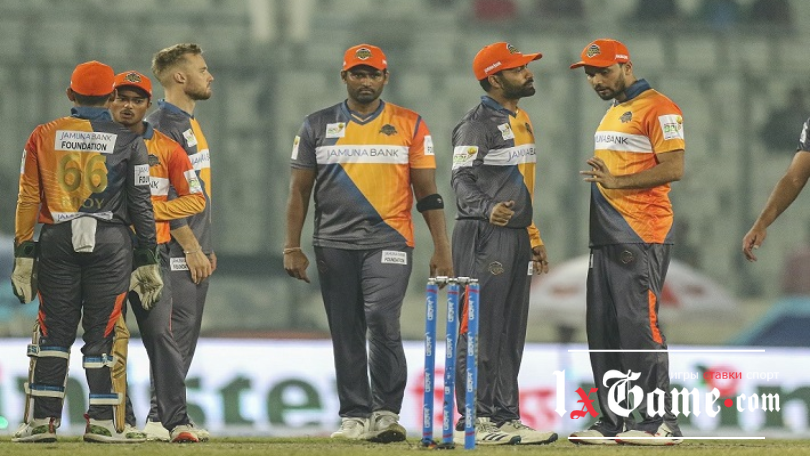Dhaka, a city where cricket pulses through the veins of its populace, finds itself in an unexpected sporting crisis. The usual rhythmic thwack of bat on ball has been replaced by the quiet hum of protest as a powerful coalition of clubs declares a complete boycott of all cricket activities. This isn`t about player salaries or pitch conditions; it`s about the very foundation of governance – an election deemed “illegal” and “manipulated.”
The Allegation: A Flawed Mandate
The heart of the matter lies in the recently concluded Bangladesh Cricket Board (BCB) election, which saw Aminul Islam emerge as the board`s new head. The Dhaka Club Cricket Organizers Association (DCCOA), representing numerous prominent clubs and districts, has vehemently rejected the legitimacy of this election. Their grievances are stark: accusations of procedural irregularities and, more critically, government interference.
Former national star Tamim Iqbal, who himself withdrew from the election, highlighted a particularly curious anomaly. He found it “laughable” that 34 out of 42 club votes were cast via e-voting, despite the voters being physically present at the polling center. One might ponder if this was a cutting-edge technological advancement for efficiency, or simply an unnecessary flourish in what should have been a transparent, straightforward process.
United in Dissent
Masuduzzaman, a prominent councilor from Mohammedan Sporting Club, minced no words: “We do not recognize this election. There is no point in any discussion.” He declared the newly elected president “illegal” and asserted a unified refusal to participate in any league or district cricket moving forward. This isn`t just a handful of disgruntled individuals; the DCCOA claims a growing alliance of 38 clubs standing together, a significant bloc that can effectively halt the grassroots machinery of Dhaka cricket. The message is unequivocal: cricket, for now, is suspended.
The Domino Effect: Leagues in Limbo
The immediate casualty of this deepening rift is the Dhaka Third Division Cricket League, already rescheduled once, now facing further uncertainty. But the potential disruption extends far beyond. The Cricket Committee of Dhaka Metropolis (CCDM), the BCB unit responsible for organizing all club-based competitions in Dhaka – including the prestigious Premier Division, Dhaka First, Second, and Third Division Cricket Leagues, and various T20 and qualifying tournaments – could see its entire domestic calendar thrown into disarray. What begins as an administrative dispute could cascade into a full-blown crisis for hundreds of aspiring cricketers and dedicated club officials, whose careers depend on these vital platforms.
BCB`s Stance: Business as Usual?
On the other side, the BCB and its arm, the CCDM, have maintained a resolute front. In a recent press release, the CCDM reaffirmed its commitment to hold all leagues under its jurisdiction as scheduled for the 2025-26 domestic calendar. They emphasized that “The interests and welfare of the players remain the highest priority and primary focus.” While these assurances are certainly welcome, they seem to bypass the core grievances raised by the DCCOA, suggesting a significant disconnect between the governing body and a substantial segment of its stakeholders.
The newly elected president, often referred to as Bulbul (Aminul Islam), had reportedly sought to engage with “different stakeholders” to move the game forward. However, his invitations were rejected by DCCOA leaders, who insist that “discussion comes after recognition,” and recognition, they argue, is simply not on the table given the perceived flaws of the election process.
A Test of Wills: The Future of Dhaka Cricket
As BCB high officials convene meetings to address the unfolding situation, the standoff remains. This isn`t merely an internal squabble; it`s a critical moment for the integrity of cricket governance in Bangladesh. The outcome will not only determine the immediate fate of Dhaka`s domestic season but also set a precedent for how allegations of electoral impropriety are handled within the sport. Will the crisp sound of leather on willow return soon, or will the silence on Dhaka`s cricket grounds continue to echo the deeper institutional challenges facing the game? The ball, as they say, is now in everyone`s court, awaiting a resolution that respects both process and passion.

